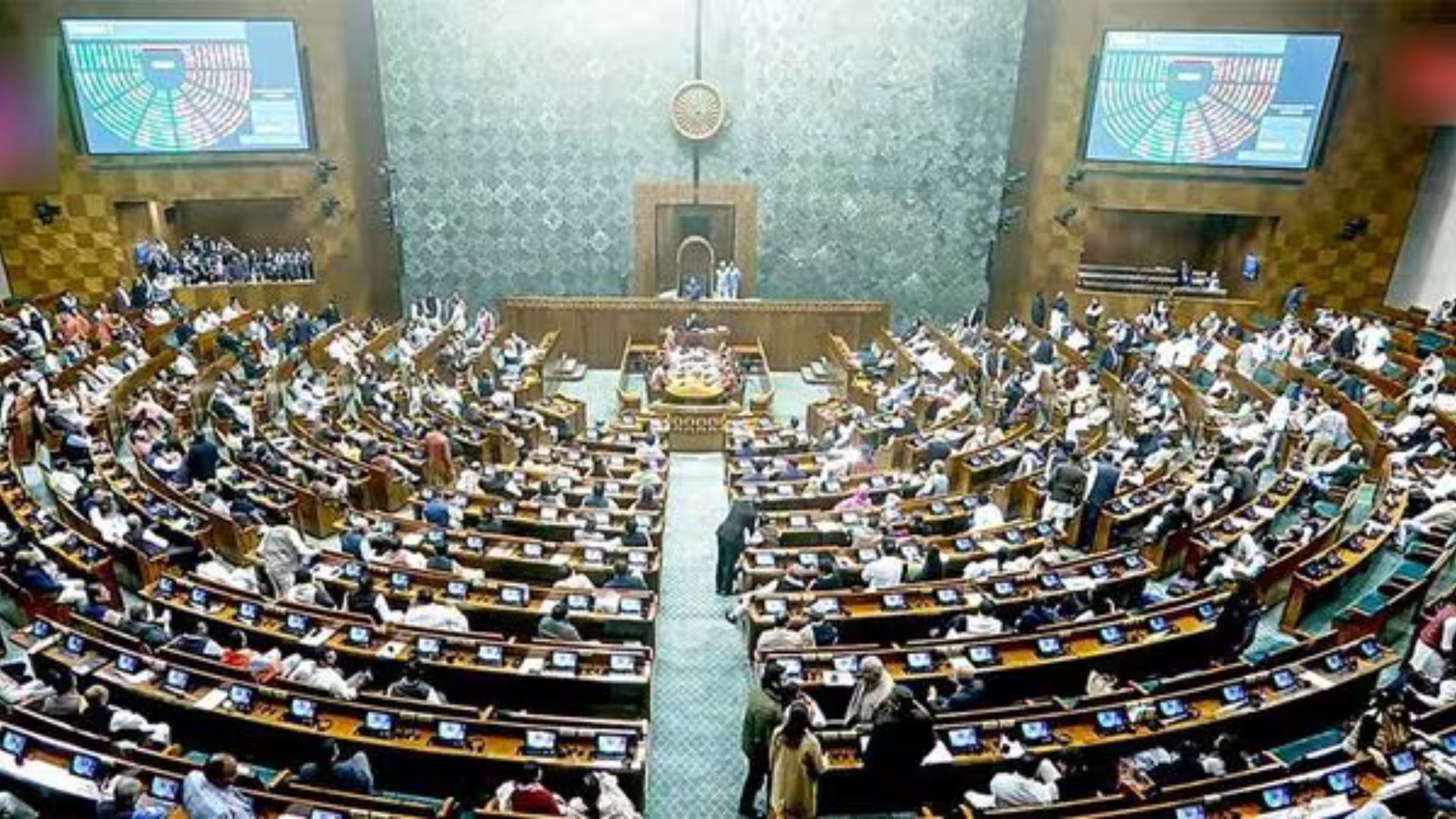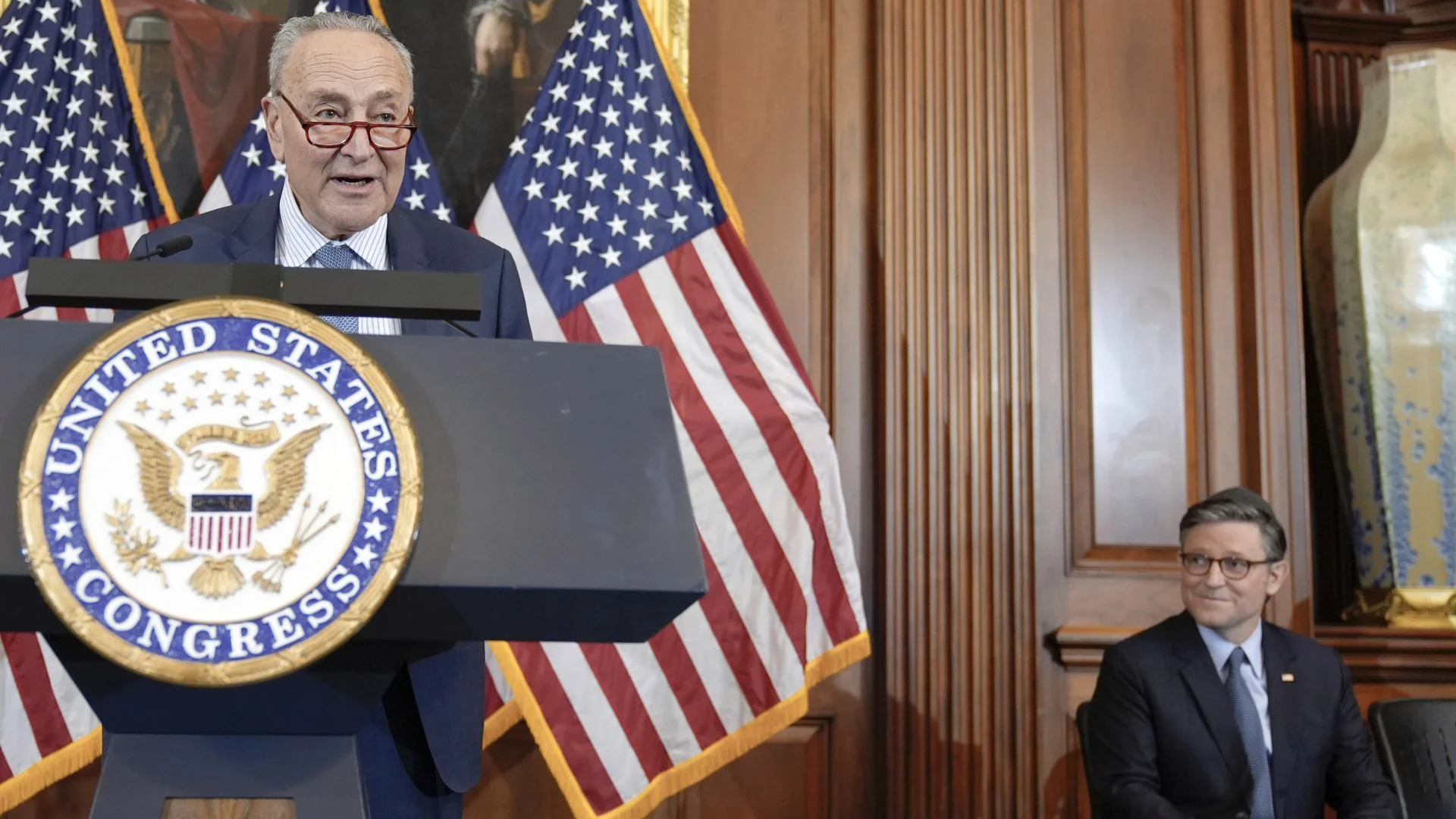
The Indian real estate sector is a major contributor to the nation’s economic growth and employment generation. As per industry estimates, the sector is likely to contribute around 13% of GDP by 2025, rising from the current levels of 6% – 7%. In terms of employment, the sector is the second-largest employer after agriculture.




Considering that India is a developing nation, and a large part of the country is yet to be built, the industry estimates that the Indian real estate market size is likely to be USD 1,000 Bn by 2030, growing at a CAGR of 18% from USD 120 Bn as of 2017.
Over the past few years, the Indian real estate sector has undergone a major transformation, largely driven by structural reforms and policy changes. While the sector faced significant disturbances due to the changing policy regime and the current virus outbreak, it has emerged stronger and better prepared for the future.
Anuj Puri, Chairman – ANAROCK Group, says “The Indian real estate sector has been fuelled by private equity investors for many years. The much-needed capital for many developments came from India-dedicated as well as foreign investors. A quick assessment of the past six years’ private equity deals in the Indian real estate sector reveals that 42% of investments were attracted by the West India region.”
“The presence of large cities such as MMR and Pune, which are witnessing massive real estate developments, is a key reason for this region attracting such a significant share of the private equity investments.”
In addition to the geographic spread and real estate developments in the West India region, one of the key reasons for significant private equity investments coming in here is the presence of large organized corporate developers. Of the residential real estate new launches across the top 7 cities, 46% happened in the West India region for the period 2016 to 2021.
Private equity investors’ focus on adherence to best practices, good corporate governance, and transparency and accountability in operations is extremely high, and many of the large developers in the West India region abide by these requirements.
This is primarily because of the successful implementation of RERA in Maharashtra. The state has been a front-runner in RERA implementation, encouraging more developers here to comply with its norms. Moreover, the West India region already had a fair presence of listed and large corporate developers known for implementing best practices even before RERA.
West India appears to be the hot favourite with private equity investors. Considering the scale of developments by organized developers here, this trend is likely to continue.
That said, private equity investors’ evaluation criteria, norms, and stringent focus on global best practices are constantly increasing. Any complacency on these fronts will come at a steep cost – the battle for preferential PE funding will continue to be sharply fought among leading developers from all parts of the country.















